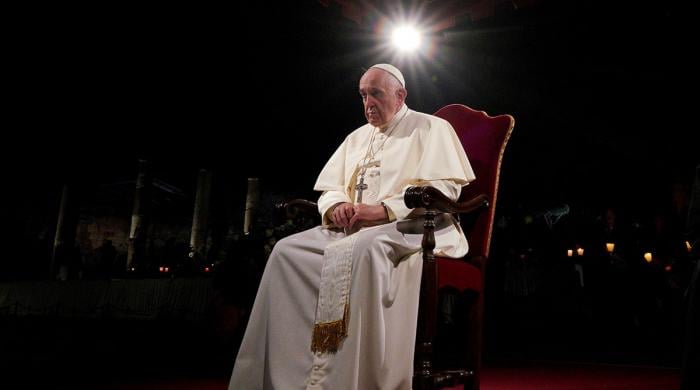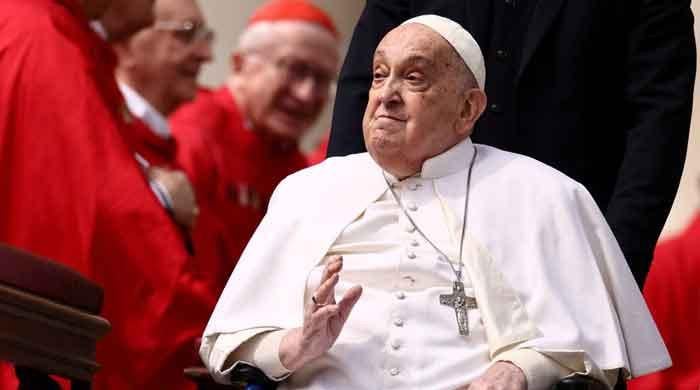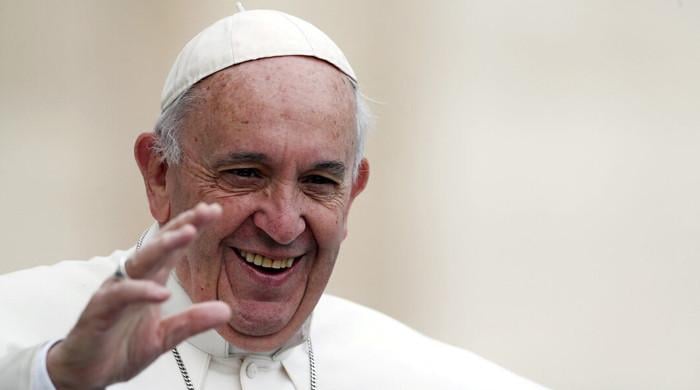UN Security Council to meet over occupied Kashmir, LoC tensions
Military Observer Group of international body to brief UNSC members on situation in the region
January 15, 2020
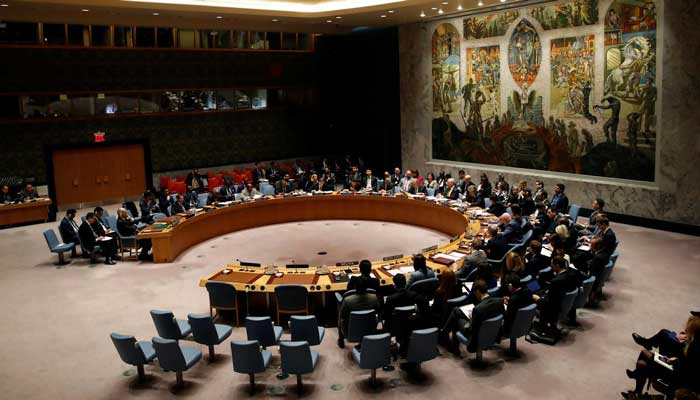
NEW YORK: The United Nations Security Council (UNSC) will meet today to discuss the alarming human rights situation in Indian occupied Kashmir, Radio Pakistan reported. According to sources, the ceasefire violations along the Line of Control (LoC) between Pakistan and India will also be discussed in the meeting.
This is the second time in less than six months that the UN body is going to discuss the issue of occupied Kashmir. In August last year, the Security Council had, for first time in over five decades, met to discuss the critical human rights situation in the occupied valley.
The meeting had come about after Indian Prime Minister Narendra Modi revoked the constitutional autonomy of the valley in early August and imposed a military curfew and communications blackout in the area, sending in hundreds of thousands of Indian troops to quell protests.
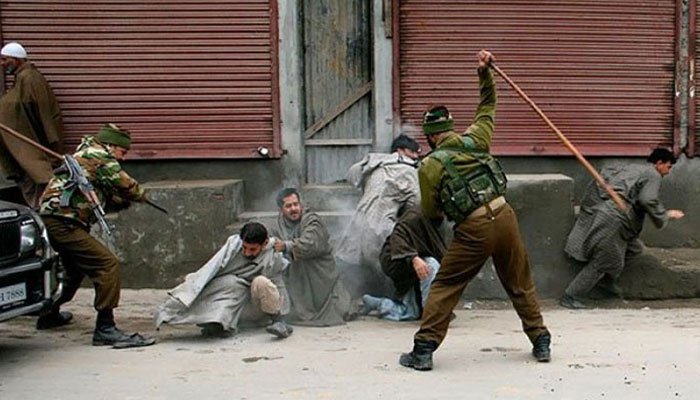
Also read: FM Qureshi warns world of Indian troop movement, missile deployment in IoK
Thousands of people, including the top political leadership of occupied Kashmir, as well as two former chief ministers and the mayor of capital Srinagar, were detained. International media also reported that the detainees had been tortured by the occupying Indian troops.
The international community had voiced concerns about the situation of occupied Kashmir in the aftermath of the move by the Indian premier, with several political leaders, including US congresspersons, urging India to lift the blockade and return normalcy to the region.
Islamabad had also condemned the Indian move and asked New Delhi to immediately lift the restrictions in the valley, urging India to respect the right to self-determination of the people in Kashmir. In late December, FM Qureshi had penned a letter to the United Nations in this regard as well.
In the letter, Qureshi had warned India of a timely and befitting response to any aggression along LoC, and expressed concerns over military movement and missile deployment in occupied Kashmir, asking the UN to take notice of the issue.
According to Qureshi, China had backed Pakistani concerns regarding the volatile situation on the LoC and in Kashmir, asking the UN Military Observer Group posted along the border areas between Pakistan and India to brief the UNSC on the ground realities of the area.
As the UNSC meets to discuss occupied Kashmir for a second time in less than six months, FM Qureshi is set to arrive in New York to meet UN Secretary-General Antonio Guterres and UN General Assembly (UNGA) President Tijjani Muhammad-Bande.
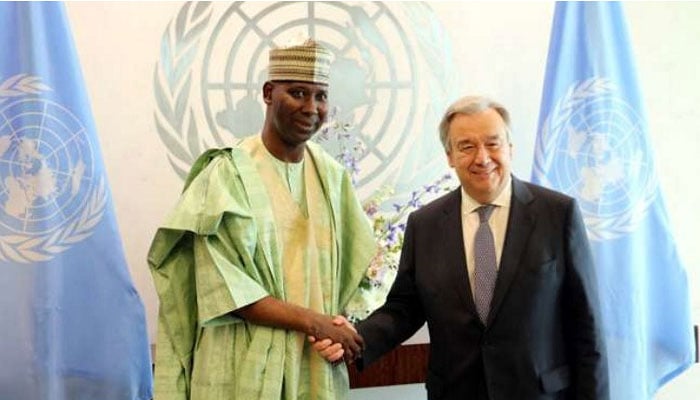
Also read: Qureshi to meet UN's Guterres, UNGA president in New York today
UNSC members voice concern, urge restraint
Speaking to reporters after the UNSC meeting on Kashmir back in August, Chinese ambassador to the UN Zhang Jun had said that members of Security Council felt serious concern regarding the human rights situation in Indian occupied Kashmir.
"The Security Council has just held an informal consultation and listened very carefully to the briefings and reports from the secretariat, including the briefing from the military observer group on the ground, that helped us understand the situation better," said Zhang.
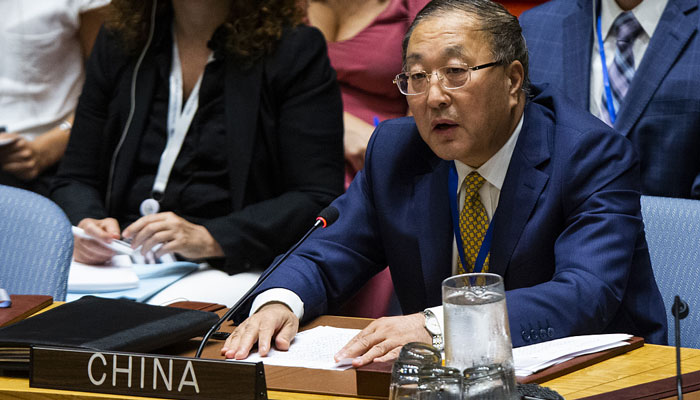
"Members have expressed that there are serious concerns concerning the situation in Jammu and Kashmir. They are also concerned about the human rights situation there and it is the general view of the members that parties concerned should refrain from taking any unilateral action which might further aggravate tensions," he added.
"China holds the view that the issue of Jammu Kashmir is an issue left from history between India and Pakistan. According to UNSC resolutions, the status of Kashmir is undecided and it is an internationally recognized dispute. The Kashmir issue should be resolved through peaceful means."
Indian SC rules shutdown unconstitutional, diplomats visit Kashmir
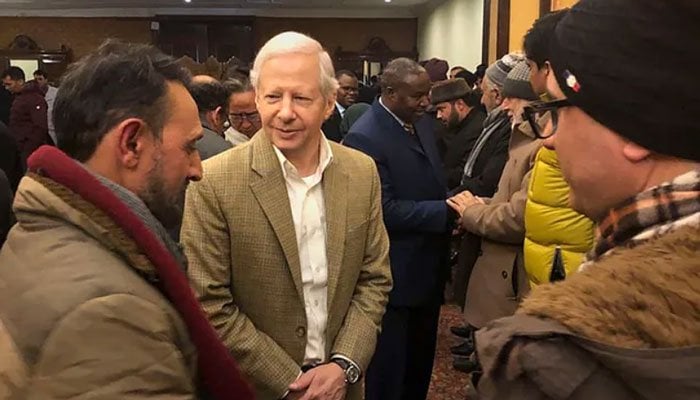
The Supreme Court of India had ruled last week that shutting down internet in occupied Kashmir was unconstitutional in a rebuke for the Modi government. An indefinite suspension of the internet is a violation of the country's telecoms rules, the court said.
On the same day, foreign diplomats from several countries also visited occupied Kashmir for the second time since August, however, some European nations and others declined to go after being refused permission to travel independently.
The visit came after India came under severe criticism for rights violations in Kashmir. Access to the region for foreign observers, including diplomats, rights groups and journalists, is tightly controlled by Delhi, and even top Indian political leadership is not allowed in the valley.




